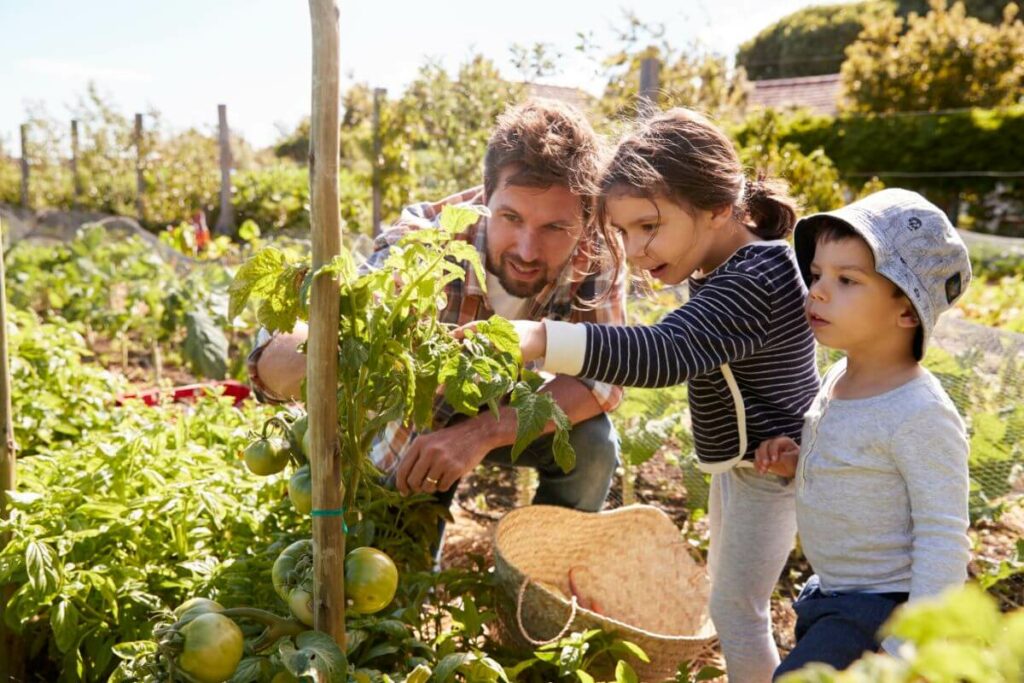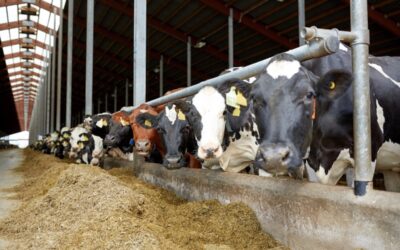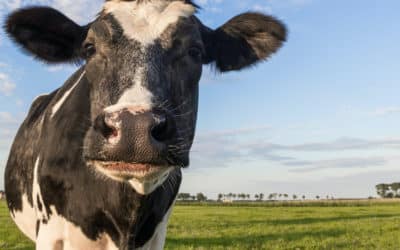Estimated reading time: 4 minutes
By Justin Long
We live in what feels like distressing times. While the media is a master purveyor of doom and gloom, there’s a woeful lack of coverage devoted to the most pressing issue we’re facing right now – global boiling. The truth is that things are dire. Climate change is real and it’s impacting our ecosystem. But for many of us, it either doesn’t feel tangible, or it feels too big a problem to solve. And when the entity we’re depending on to step up – our government – is subsidizing and/or profiting off of the destructive industries responsible for this existential threat, it can certainly compound the sense of powerlessness.
Understandably, it’s much easier to tune out, open a streaming app, and leave it to someone or something more capable of solving this potentially cataclysmic problem. But here’s the thing: The cavalry isn’t coming. Harry Potter isn’t going to wave his magic wand to save us. The Wakandans aren’t going to create super nanotechnology to restore the planet. It’s up to us to take action.
But there is good news: Every single one of us is much more powerful and influential than we realize.
How what you eat impacts the climate
In 2050, it’s estimated that there will be 10 billion human beings living on Earth. How we feed all of these people could determine the fate of every living thing on the planet, and every generation to follow.
And while there’s continued debate as to how much human activity contributes to climate change, we know that greenhouse gases increase Earth’s temperature. An increase in Earth’s temperature can cause natural disasters, ice glaciers to melt, sea levels to rise, loss of species, and food shortages. Think Waterworld meets Fury Road.
When it comes to greenhouse gas emissions, industrial animal agriculture is one of the biggest offenders. Just one cow produces between 154 to 264 pounds of methane gas per year. And while the methane, carbon dioxide, and nitrous oxide produced by animal agriculture all contribute to the warming of the planet, nitrous oxide is particularly harmful because it has 300 times the warming power of carbon dioxide, and it stays in Earth’s atmosphere for 114 years on average. Livestock waste accounts for over 70 percent of U.S. nitrous oxide emissions. This is a devastating indictment of our food system.
If you’re not already alarmed, here’s a stat that should do it: The world’s top five largest meat and dairy companies alone produce more greenhouse gases annually than ExxonMobil, Shell, or BP. (1)
Right now, our food system is not sustainable. In fact, our food system is threatening our very existence.

A plant-based diet helps the environment
You can take a stand against the destruction, corruption, and injustice caused by industrial animal agriculture.
The equation is simple: Every time you choose not to consume animal protein you are preventing greenhouse gases from being released into the atmosphere. By replacing animal protein with healthier plant protein – legumes, quinoa, tofu, or even plant-based burgers – you’re reducing emissions and decreasing your impact on the environment.
A plant-based diet is a healthier, delicious alternative to the high animal protein diets that too many of us were conditioned to eat. And if you’re a foodie, a whole new world can open up for you on a plant-forward diet, one where your palate becomes more sensitive and foods become even more flavorful! (2)
And you can always start by making minor adjustments to your diet to see how it feels. You might be surprised by the results.

Your diet today can save tomorrow
When we agree to eat sustainably, we’re agreeing to reduce greenhouse gas emissions, we’re agreeing to stop biodiversity loss, and we’re agreeing to stop the degradation of our oceans.
We’re agreeing to embrace our future.
You can continue driving your electric vehicle – though industrial animal agriculture produces more greenhouse gases than the entire transportation sector – and you should bring your own bags to the grocery store and turn off lights when you leave a room. However, if you want to make a real impact, next time you’re shopping, stride past the meat, deli, and dairy sections, and fill your cart with healthy produce and plant-based proteins instead. Feel how empowering it is to improve your health while sending a message to those who would make us sick and destroy our planet for profit. Your body, our home, and future generations will thank you!
Please share this article with friends and family. The more people that make a diet change, the better the odds of success. All life on Earth depends on it!
Ready to make a change and help save the planet?
Everything you need to know about plant protein!
References:







